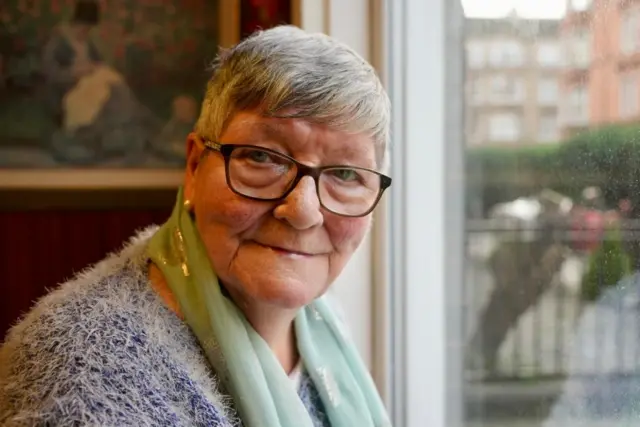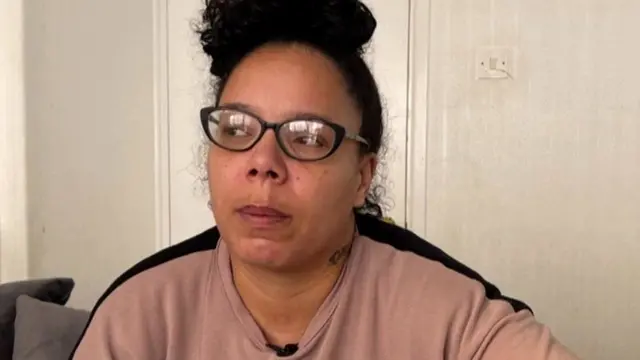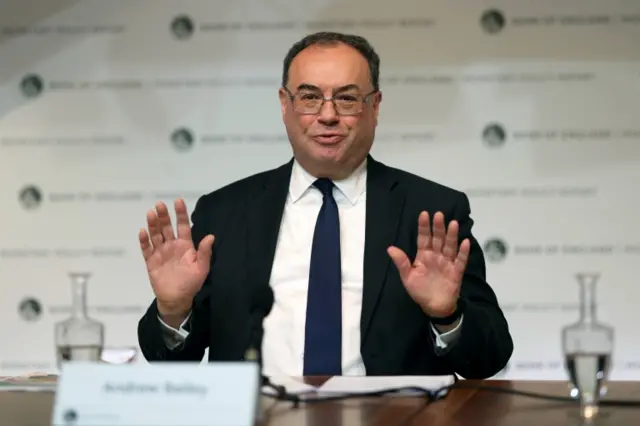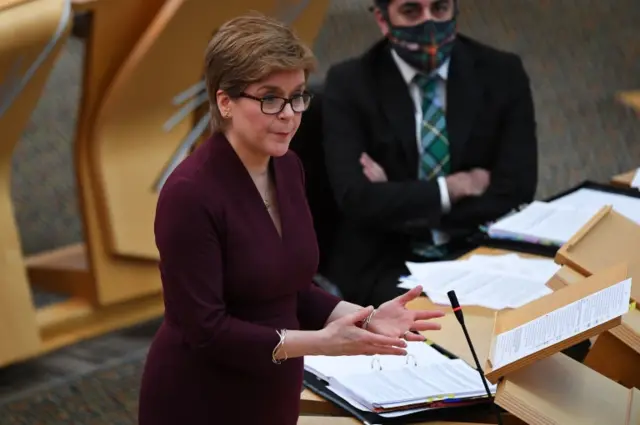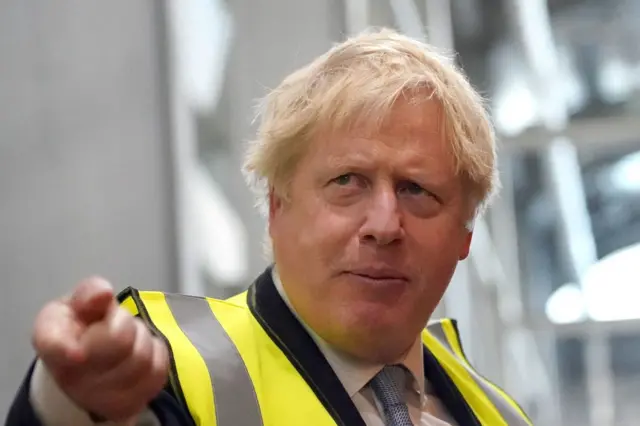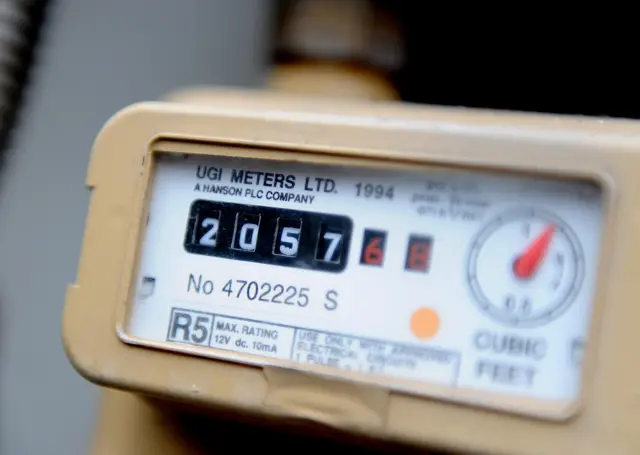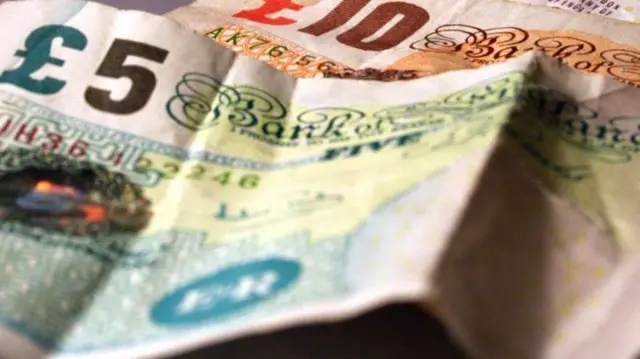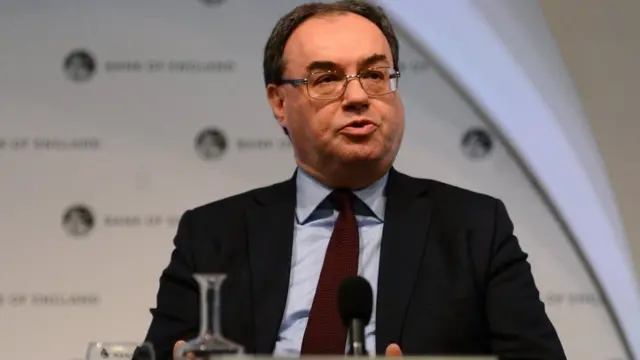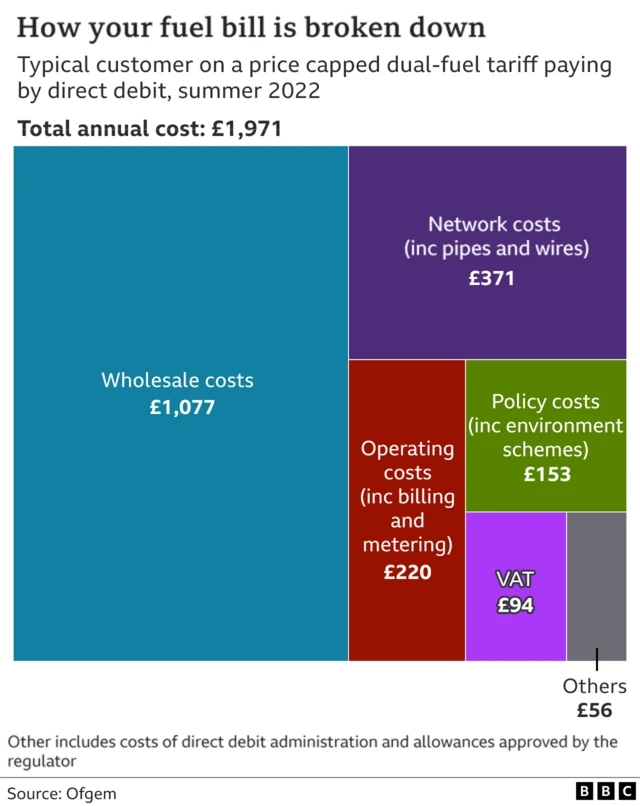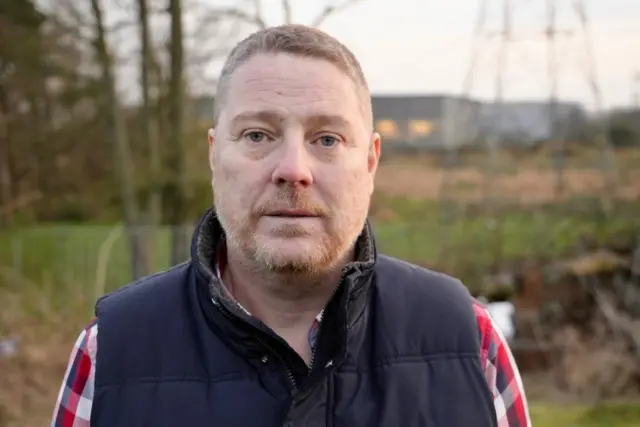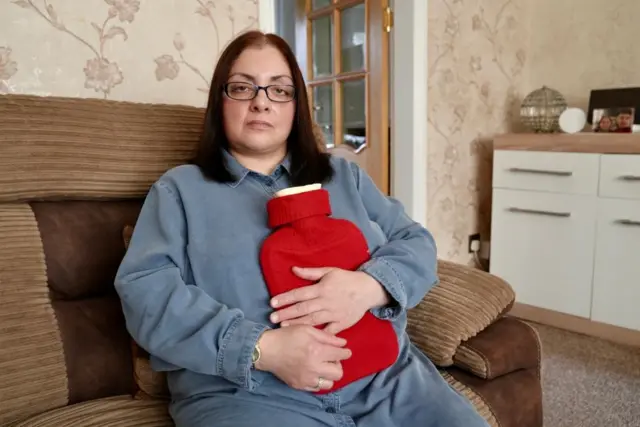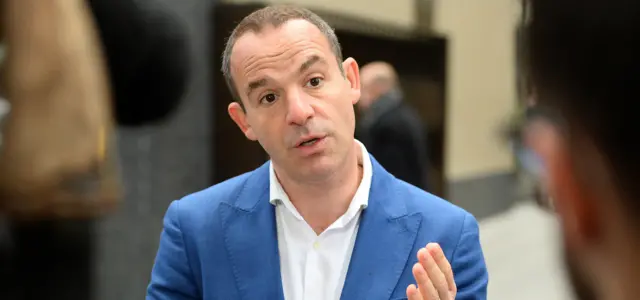Average earners will still be £400 worse offpublished at 15:50 GMT 3 February 2022
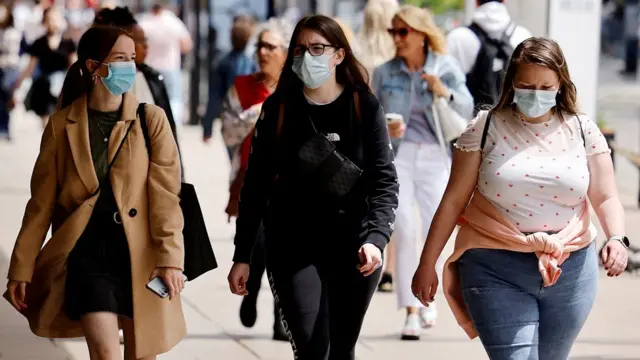 Image source, AFP
Image source, AFPThink tank the Institute for Fiscal Studies said the support package announced today by the government "will not stop average incomes and living standards from falling over the coming year."
It reckons an average earner on £30,000 a year will still be around £400 worse off in the next fiscal year than this.
Meanwhile an out-of-work lone parent is likely to be more than £300 worse off.
"The one group who should see their living standards rise are the lowest-paid workers who will benefit from a rise in the national living wage and the increase in the generosity of Universal Credit which came in in November," said IFS director, Paul Johnson.

